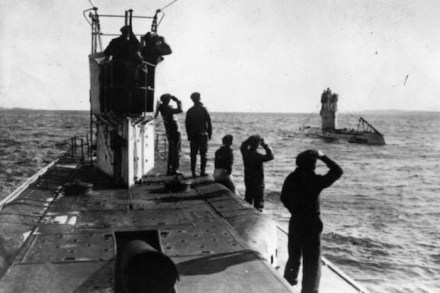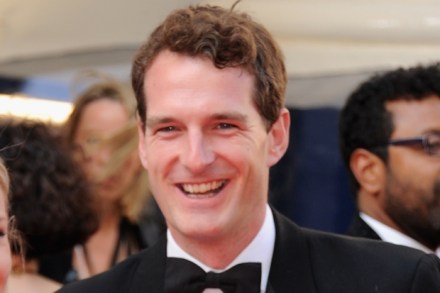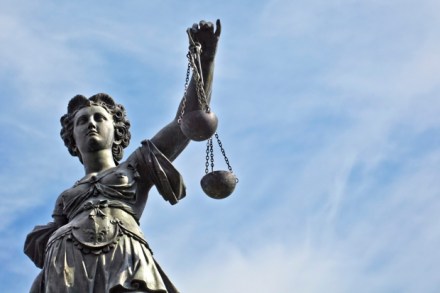This idiotic NHS ‘calculator’ can’t predict heart attacks. But it might well give you one
I can understand why the Tories have ring-fenced the NHS, but if they do want to indulge in a little trimming I know just where to start – with the moron who signed off on the online ‘calculator’ that assesses your risk of a heart attack. ‘Official NHS calculator predicts when you will have a heart attack,’ says a piece in today’s Telegraph. Actually, it doesn’t. Nor does it pretend to. But the NHS can hardly complain about being misrepresented for clickbait, since – even if you report its claims accurately – the ‘calculator’ is nothing more than an expensive PR gimmick. The NHS last week quietly abandoned its commitment to spend £243 million on




















